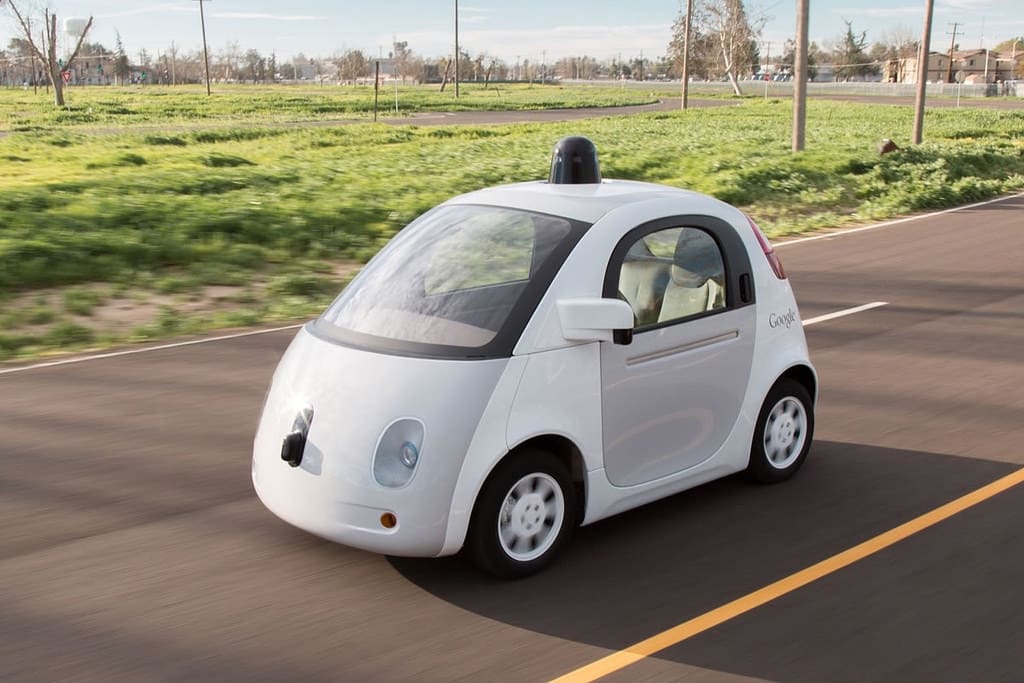When you put on your make-up in the morning, do you ever wonder whether it was tested on an animal first? Do you ever wonder if the mascara on your eyelashes or the gloss on your kips caused the deaths of thousands of rabbits and guinea pigs? Though the winds are changing, animal testing is still happening and we need to know why.
Animal testing is becoming less popular in Canada (but is still legal), however, it remains a mandatory practice in China for international cosmetics products such as those provided by Estee Lauder and MAC. This is despite the fact that animal testing in cosmetics has long been known as an unnecessary practice. Fortunately, there are people who are fighting to get the practice banned in Canada and around the world.
#BeCrueltyFree is a campaign that was launched by the Humane Society International (HSI) in 2012. “It is important to be cruelty-free because animals are suffering. It’s unnecessary. There are so many safe ingredients to use for testing and animals don’t need to be used any longer,”#BeCrueltyFree Campaign Manager Aviva Vetter says. “When we are raising awareness to ban animal testing in Canada, the first thing people say is ‘I thought that was done 20 years ago. Isn’t that done already?’” The European Union banned animal testing in 2013 and since then 34 countries have done so. Isn’t it Canada’s turn now?
In December 2015, Canadian Senator Carolyn Stewart Olsen introduced the Cruelty-Free Cosmetics Act, also known as Bill S-214. The bill would “prohibit animal testing and the sale of cosmetics developed or manufactured using cosmetic animal testing” and is about to launch into its second reading. Bill S-214 would mean that cosmetics currently in stores would have to abolish animal testing in order to sell in Canada.
China is one of the countries that has mandatory laws to test imported cosmetics. “Companies [of imported cosmetics] are required to submit finished product samples to the government for testing in a CFDA-recognized laboratory,” U.K #BeCrueltyFree Campaign Director Claire Mansfield says. “Once approved for sale, provincial authorities also conduct post-market inspections of cosmetic products, which can include a further layer of animal testing.”
What does all of this mean?
It means that any large cosmetics company that imports to China is testing on animals. It also means that any small brand owned by a parent cosmetics company that sells to China may not actually be cruelty-free. Estee-lauder, Lacome, Revlon, Clinque, MAC, Covergirl, Victoria’s Secret, and Alamy are some of many large-scale cosmetics companies that are currently selling in China — and testing on animals in order to do so.
When I last bought Mascara at Shopper’s Drug Mart, I was told that Smashbox was cruelty-free. I excitedly purchased their make-up and, when presented with this article, contact them with high expectations. Instead of an interview, I was offered a written statement.
“Yes, we live for lipstick and are serious about primers — but we also love animals. That’s why we are cruelty-free. We don’t test on animals, only volunteers. Nor do we sell in any countries that require animal testing by law,” a Smashbox spokesperson wrote.
That’s when I found out they were owned by Estee Lauder. Spokesperson Alexandra Traber explained that Estee Lauder “may still conduct or require animal testing by law of cosmetic products or ingredients to demonstrate safety” in countries where regulatory authorities require it.
“For example, before we are able to import any of our products into China, the Chinese government requires all importers of cosmetics, including us, to pay for animal testing that is conducted by a government-mandated laboratory in China,” she said. “As a global company, we are committed to providing our products and services to our consumers where they live, and we must comply with all legal requirements in the countries where we do business.”
Smashbox does not sell their product in China, but refused to elaborate on the particulars of their policy, which I found confusing. Is this true cruelty-free advocacy? Needless to say, my Smashbox mascara landed in the trash the next day, just to be safe.
Instead, I turned to a smaller grassroots business. Many cosmetics companies in Canada are already using cruelty-free practices and choose to comply with a standard known as Leaping Bunny. This animal coalition is made up of seven animal protection agencies in Canada and the United States, and certifies companies to ensure they aren’t testing on animals. The coalition has grown over the last 20 years to encompass over 800 cosmetic companies. There is also no cost for a company to become certified.
“If we are working with ingredients that are synthetic and dangerous for the earth and our bodies, why are we animal testing? Two wrongs don’t make a right,”says Milena Lye, owner of Leaping Bunny certified cosmetics company Just the Goods. “I sought out Leaping Bunny personally. I went to their website, and found it is actually easier than I thought to become involved. You document all of your suppliers, assuring that they don’t test on animals. . It is a 2-3 year period, and companies are spot-checked. I found about 80 per cent of suppliers are willing to be cruelty-free, no reason for it to be tested anymore.”
By purchasing cruelty-free and taking part in the #BeCrueltyFree campaign, you are supporting positive change for the way people treat animals. With various in-vitro alternatives to animal testing already available (and cheaper as well), banning animal-testing in places like Canada and China seems to be the only option.
I’m going home to get rid of all of my animal-tested cosmetics, are you?


